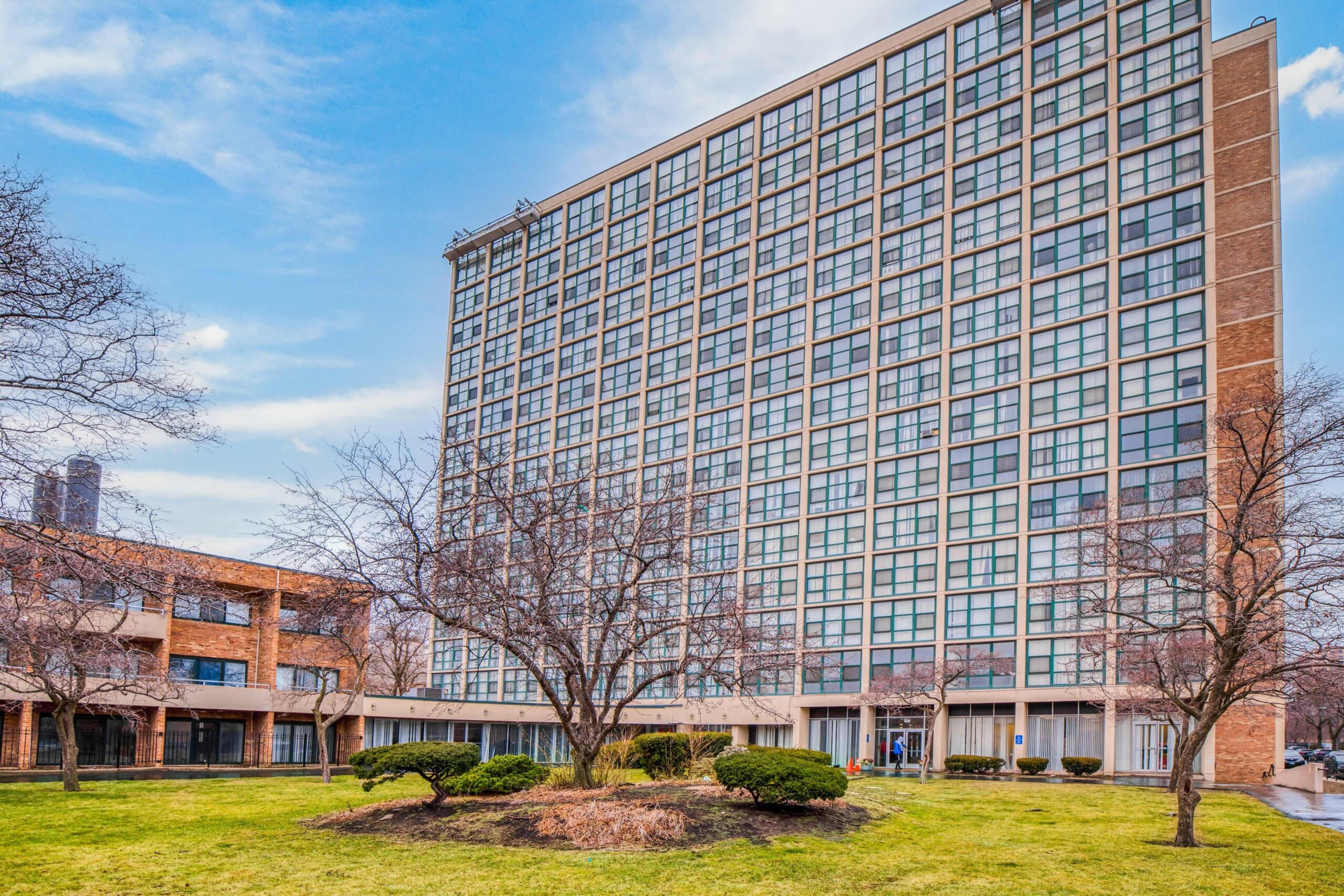Rose Companies Closes Largest Investment Fund in Firm’s History
By Pamela Martineau
6 min read
Jonathan Rose Companies closed its $660 million Rose Affordable Housing Preservation Fund VI in July, marking the largest investment vehicle the company has ever raised.
Considered the first affordable housing private equity impact fund manager in the nation, the Rose Companies’ Preservation Fund series offers impact investors the opportunity to help create healthy, sustainable, affordable housing communities in urban markets throughout the nation. Rose launched its first impact fund in 2005; to date, the fund series has raised over $1.5 billion and invested that capital in the acquisition, preservation and renovation of affordable and mixed-income properties.
In addition, the current Fund VI has a particular focus on bolstering green building and sustainability practices.
Jonathan F.P. Rose, president of Jonathan Rose Companies, says that the fund’s mission-oriented posture as well as its strong returns have combined to energize investors. “Every one of our investors cares about our impact, both our green and affordable housing impact,” he explains. “But they also deeply care about the returns. None of our investors are concessionary.”

A History of Impact Investment
Rose Companies launched in 1989 with a vision to strengthen communities through the development and preservation of green affordable housing and mixed income housing. About 20 years ago, the company sought a more reliable source of funds to bolster its work.
“We were financing projects as one-offs. In 2005, it became clear to us that we really needed more consistent capital,” Rose explains. “So, we launched our first fund, a $50 million multi-asset fund, which we think was the first impact real estate private equity fund in the nation. We then turned our focus more purely on affordable and mixed income housing preservation and started small. Our first purely affordable housing fund was $25 million.”
Since then, Rose explains that his company has “consistently been in the market buying existing affordable housing, preserving it as affordable, making it greener, and bringing social, health, and education programs to our residents.”
Some 40 percent of investors in the impact fund series are institutional investors such as pension funds. Another 30 percent are foundations, endowments, and banks investing under Community Reinvestment Act requirements. The remaining 30 percent of investors are high net worth families.
Ford Foundation and Capital One are among the most recent equity fund investors in Fund VI.
“As soon as we start receiving money, we start investing,” he says. “We’ll continue to invest until it’s fully invested and then we’ll raise the next fund.” Rose says the company has invested about 40 percent of Fund VI. When those funds are fully invested, they will launch Fund VII. Properties thus far impacted by Fund VI are located primarily in large urban areas such as Los Angeles, Denver, San Francisco, Chicago, Washington D.C., and Boston.
Investors “want it all,” Rose says. “They want the returns. They want the green and they want to see the affordable housing preserved,” he explains. “And they’re getting it all.”
Rose says his company’s equity impact funds are still attracting strong investor interest despite fundraising in general being down for many entities.
Investors are attracted in part because “we’ve been doing this for 20 years,” he says.
“We have a very long track record, which investors want to see,” he says. “And second, we have the authenticity. We were starting to green buildings in 1989, long before it was popular, so they trust us. They know we are serious about our mission and we have an amazing team to carry it out.”
Such a commitment, combined with the funds’ relatively strong returns, keeps investors returning to Rose; indeed, the company says that about 75 percent of capital commitments to Fund VI come from return investors.

Sustainable Communities
With Fund VI, Rose wanted to target sustainability. Thus, the fund includes strong environmental goals to be achieved over the next ten years, such as reducing portfolio-level energy use by 20 percent, water consumption by 15 percent, and greenhouse gas emissions by 20 percent.
Rose says that when his company first launched with its vision for green affordable housing the “affordable housing world kind of resented the environmental approach because they thought it was imposing costs on them.” However, this did not deter the company from highlighting sustainability. “As a mission, we just always believe that our residents need a healthy environment,” he explains. “It’s a founding ethos of the company. It’s just something that we’ve always done.”
To meet that goal, Rose Companies builds with non-toxic materials, hires cleaning crews that use environmentally safe cleaning products, and deploys clean energy as much as possible at properties. The company has installed solar panels at 12 properties and has added 1 megawatt of rooftop solar photovoltaics since 2020. The company also seeks to procure green e-certified renewable energy credits.
Additionally, Rose Companies maintains a procurement committee that is charged with ensuring materials used at properties are environmentally friendly and non-toxic. The company also uses specialized software to track and analyze energy usage to compare performance across the portfolio and with peer properties. The analysis informs improvements that might be made.
Rose says that far more resources are available now to help fund environmental improvements. “They are more and more resources. More utility programs. More green guidelines. More green materials. More tax credits,” he says. “We’re always looking for more opportunities as they emerge.”
A vision for sustainability also guides how the company deploys impact fund dollars toward acquisitions. The Rose Acquisitions Group seeks to invest in transit-accessible urban markets and in properties that are ripe for environmental retrofits. Clean energy tax credits have helped many of the site improvements pencil out.
When eyeing potential properties for acquisition, Rose says the company looks for locations where there is a big gap between affordable and market rents because “that’s where the biggest need is.” They also look in locations where there is higher job growth and amenities nearby such as grocery stores, good schools, and public transportation. They prefer properties with at least a 75 walk score or better.
“We look at the range of social services and access to healthy food that are around the properties,” Rose says. “We want our residents to be able to thrive.”
